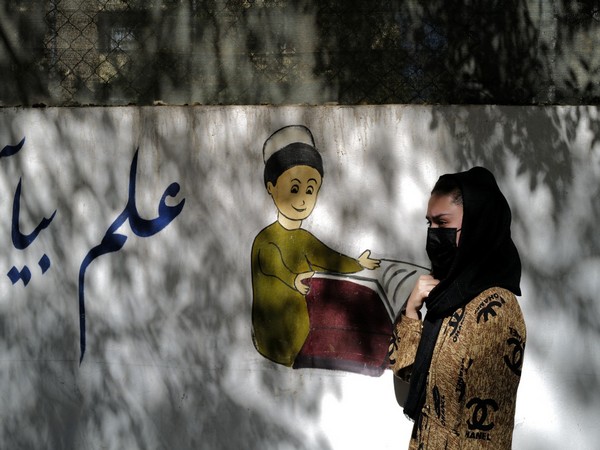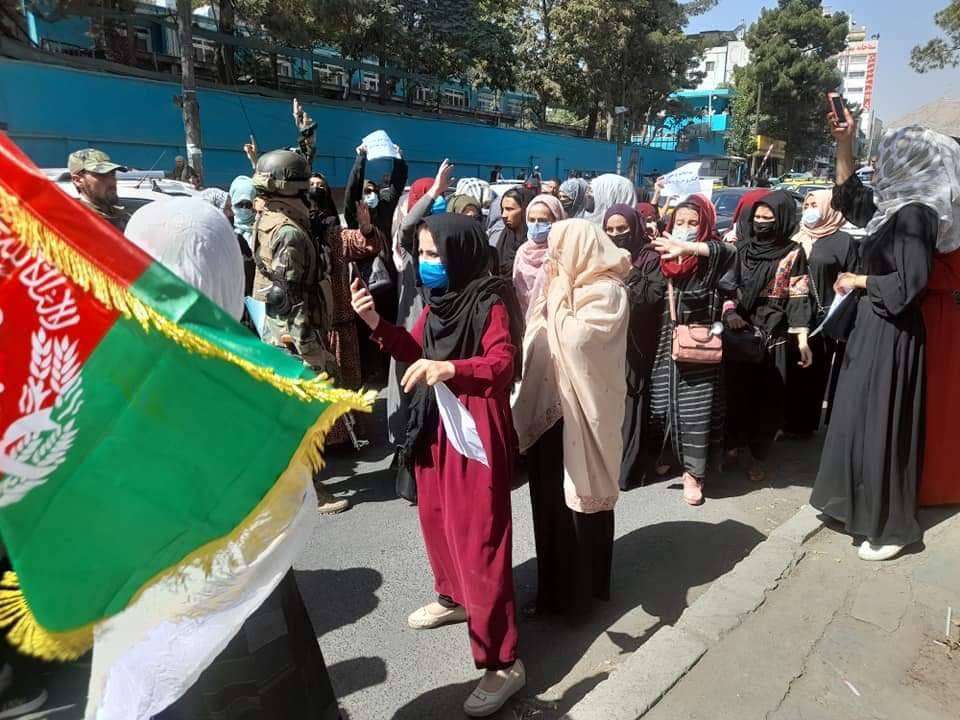This research also looks at other issues in these 177 nations, including sexual assault, systemic violence, women’s employment, maternal mortality, and education levels for women….reports Asian Lite News
Afghanistan has been listed as the least progressed country in the world for women’s rights out of 177 countries, according to research from the George Washington Institute and the Oslo Peace Research Institute, Khaama Press reported.
This report on the condition of Afghan women, according to the director of the Oslo Peace Institute, is “a warning bell for world leaders.
This research also looks at other issues in these 177 nations, including sexual assault, systemic violence, women’s employment, maternal mortality, and education levels for women.
As per the institute, the least performing countries are those classified as “fragile states.”
Afghanistan, which is a “fragile state” in this category, does the worst when it comes to women. After the Taliban took over in 2021, the situation for women and girls in Afghanistan quickly deteriorated.
“In Afghanistan, women have gone to school for less than 3 years on average; less than five per cent of women have access to their bank account; and more than 90% live near armed conflict. Afghanistan’s maternal mortality rates are among the 10 worst in the world,” the report said, according to Khaama Press.
Because of the Taliban’s limitations on women’s social lives, economic activity, political engagement, and jobs, the country has become a terrible place for women to live.
In an official statement, the head of the Oslo Peace Research Centre, Torunn L. Tryggestad, stated that “Afghan women begin each day without jobs, education, and freedom.” She underlined that “world leaders should be warned because women are imprisoned in this country” by this revelation, according to Khaama Press.
Since the Taliban took over Afghanistan, they have issued several decrees which impose restrictions on women. Afghanistan’s women have faced numerous challenges since the Taliban returned to power in 2021. Girls and women in the war-torn country have no access to education, employment and public spaces. (ANI)

Over 600M Women Lived in Conflict-Hit Countries in 2022: UN
More than 600 million women and girls lived in conflict-affected countries in 2022, a 50 per cent increase since 2017.
Civilians around the world need greater humanitarian aid than ever before, but countries are instead increasing military spending, which topped $2.2 trillion in 2022.
That is the picture painted by the new UN Secretary-General report on women, peace, and security, issued annually coinciding with the UN Security Council Open Debate taking place on Wednesday in New York, titled “Women’s participation in international peace and security: from theory to practice”.
UN Secretary-General, Antonio Guterres; UN Women Executive Director, Sima Bahous; President of the International Committee of the Red Cross, Mirjana Spoljaric; Ambassador Glivania Maria de Oliveira; as well as a civil society representative were present at the event.
“These negative trends are setting back both gender equality and global peace. However, this dire picture is not inevitable. We can reverse it by investing in women’s organizations in crisis settings; increasing the meaningful participation of women in mediation and peace processes; promoting parity in political and electoral processes; and using accountability tools to strengthen the protection of women in conflict-affected countries,” said Sarah Hendriks, UN Women Deputy Executive Director ad interim.
The report puts a spotlight on the global security humanitarian situation, which has become more grim, with a disparate impact on women and girls.
In Afghanistan, for example, the Taliban have issued more than 50 edicts to suppress women’s and girls’ rights; and when fighting broke out earlier this year in Sudan, widespread sexual violence returned to Darfur, reminiscent of the conflict in the region two decades ago.
Further, the report shares a picture of decline in several countries for women to participate in decision-making on peace and security.
Events of political violence targeting women increased by 50 per cent in conflict-affected countries between 2020 and 2022.
A key recommendation presented in the report is for at least one-third of all participants in mediation and peace processes to be women, but the reality shows that women remain sidelined from the main negotiations.
While women participated in 80 per cent of UN-led or co-led peace processes, their actual numbers remained low, at only about 16 per cent of total participants — a proportion that has decreased for two years in a row.
Women were almost completely absent from many other peace processes and political talks on situations on the agenda of the Security Council, including in Ethiopia, Kosovo, Sudan, Myanmar, and Libya.

